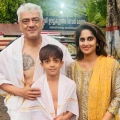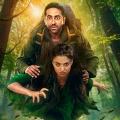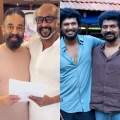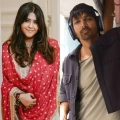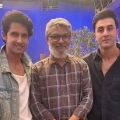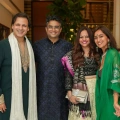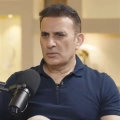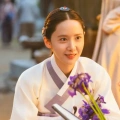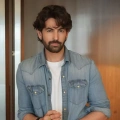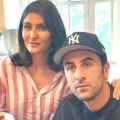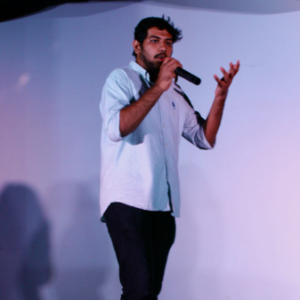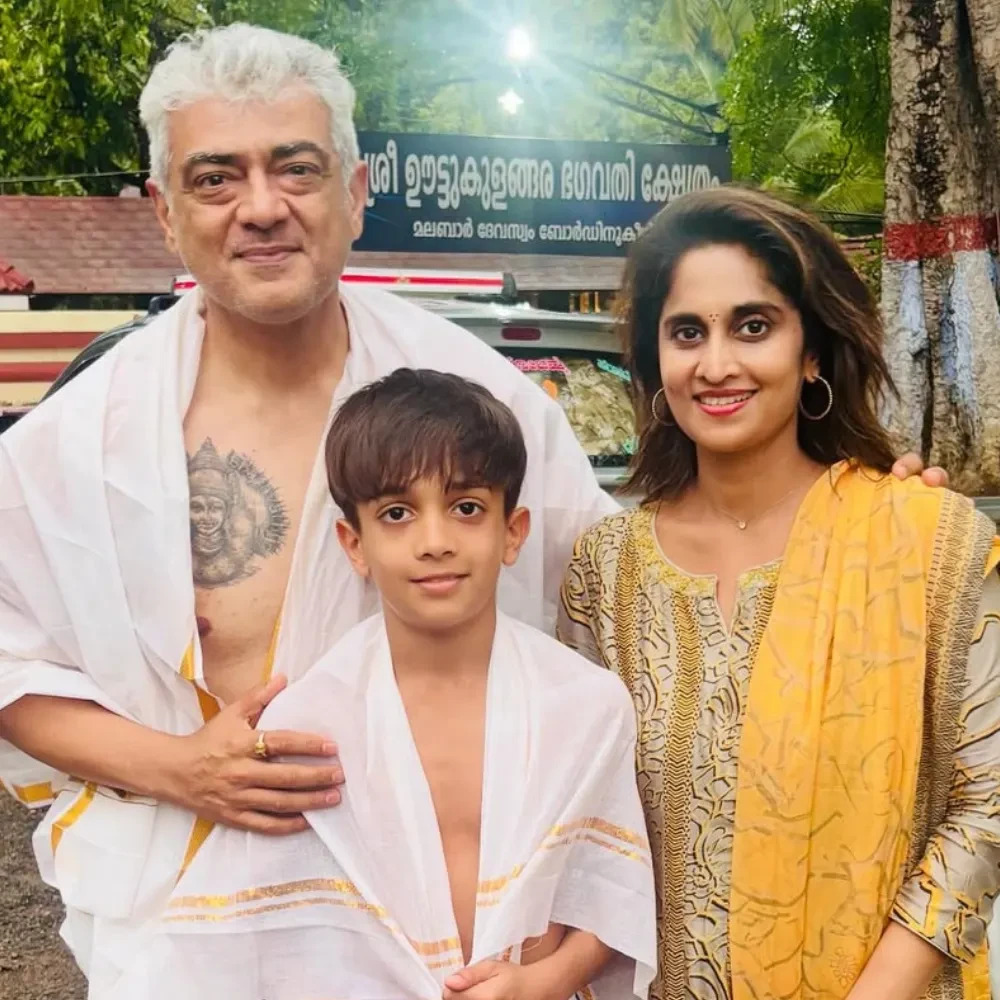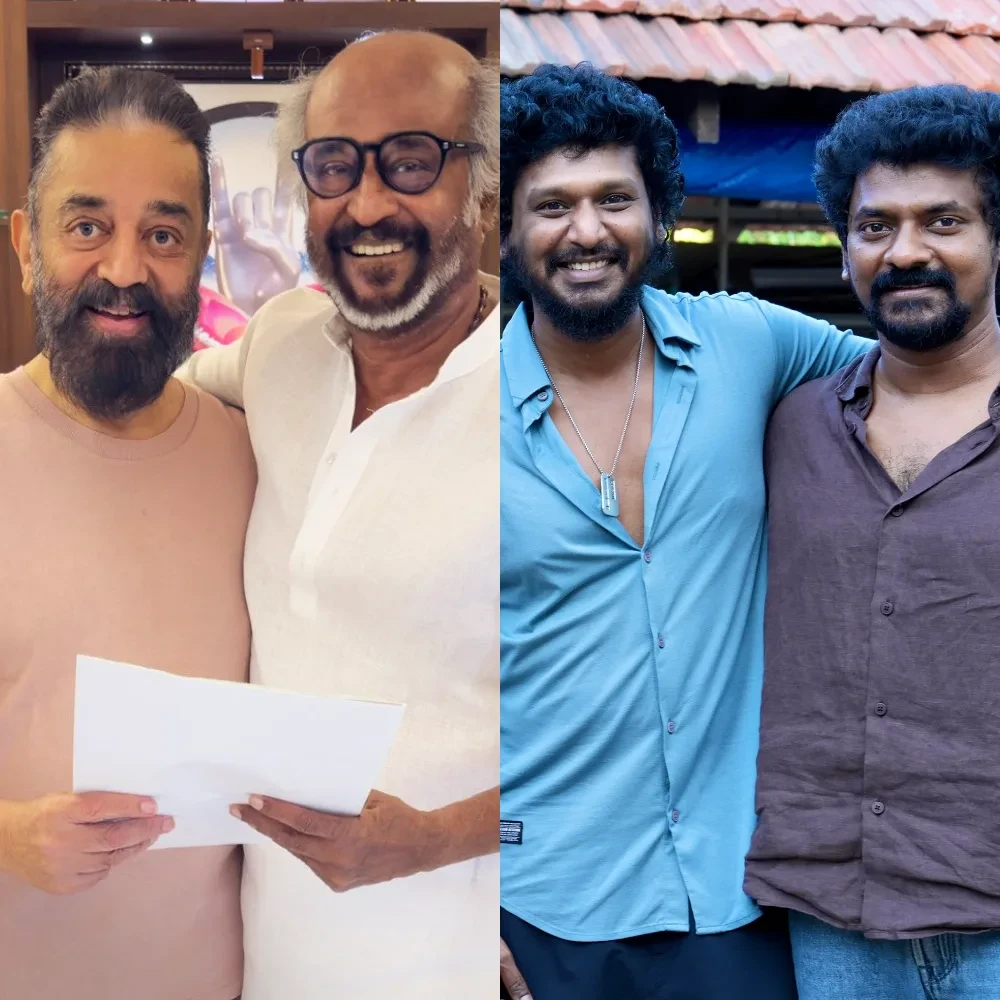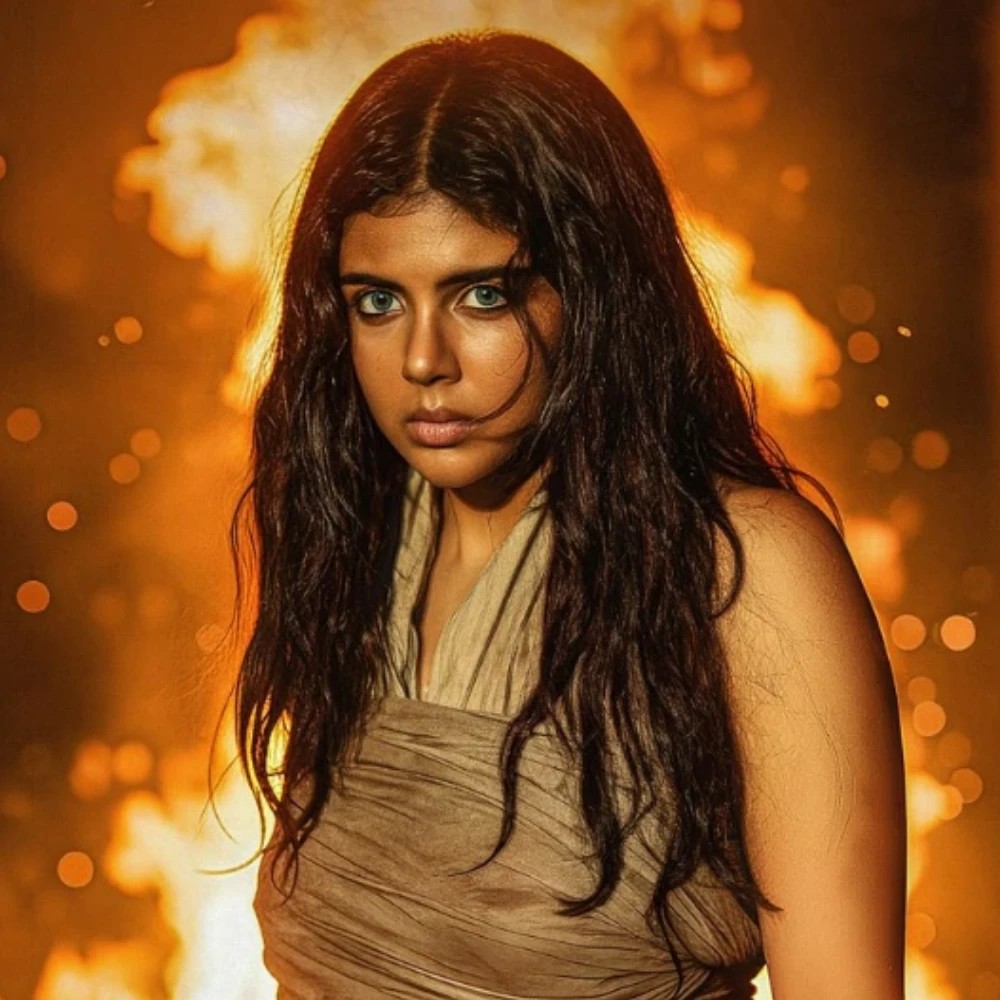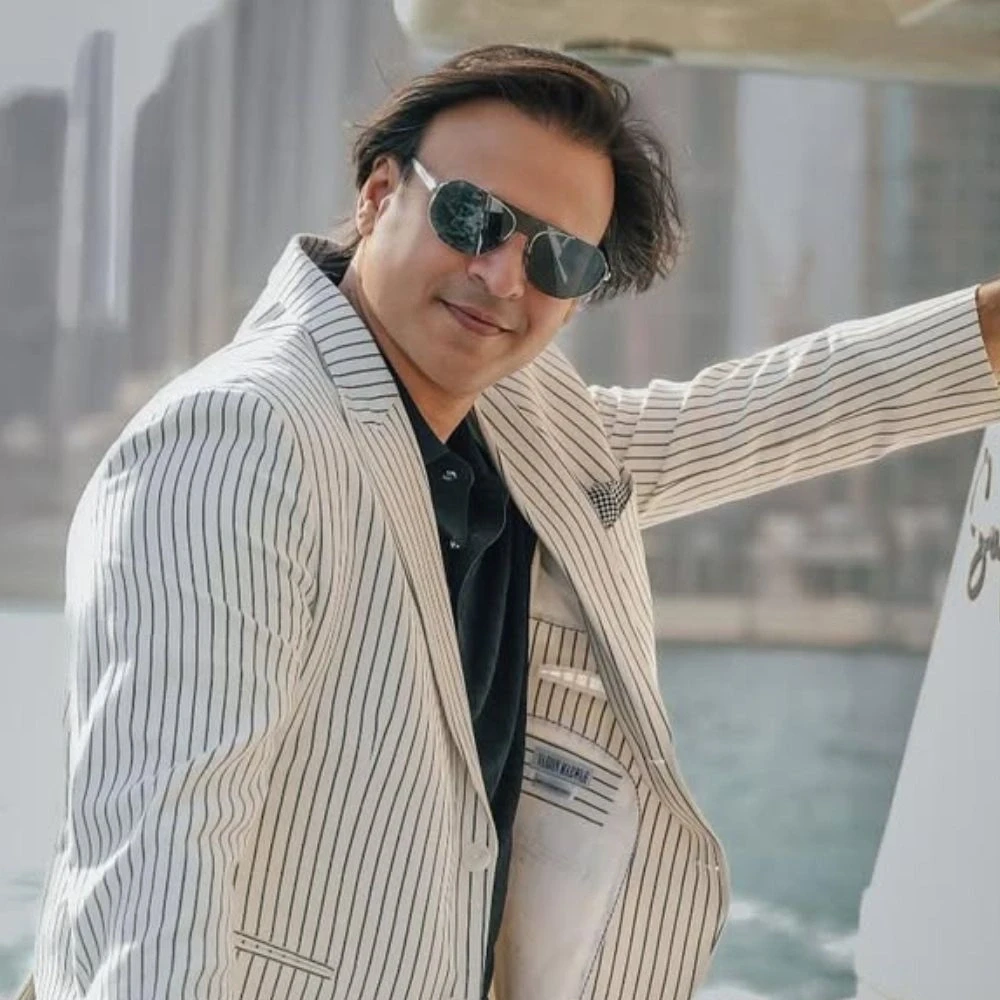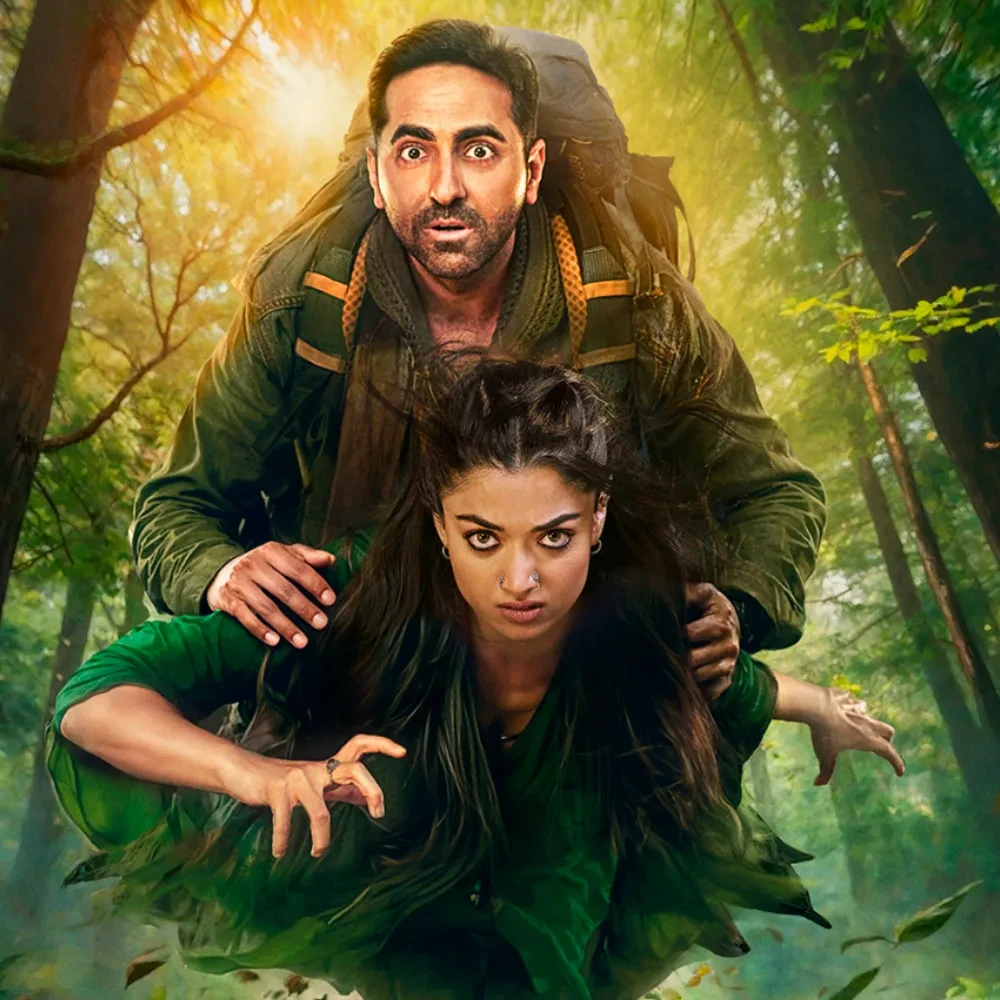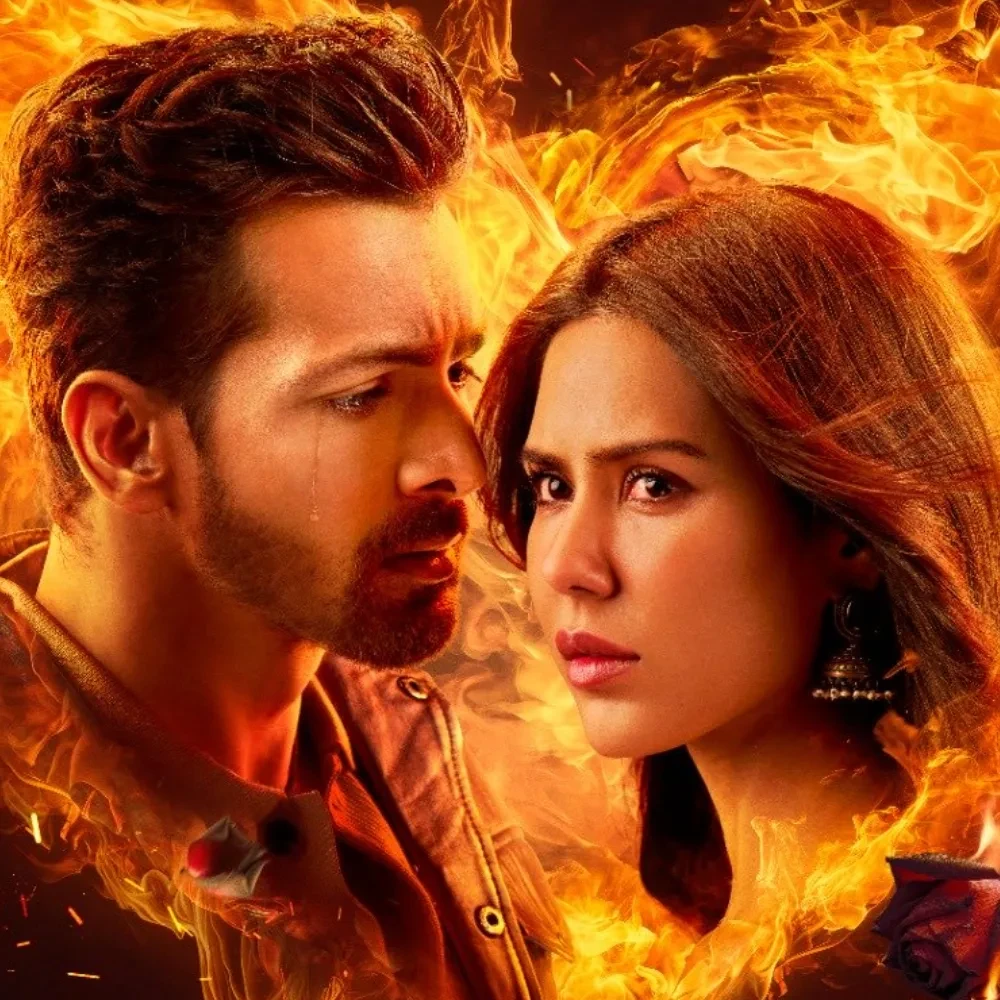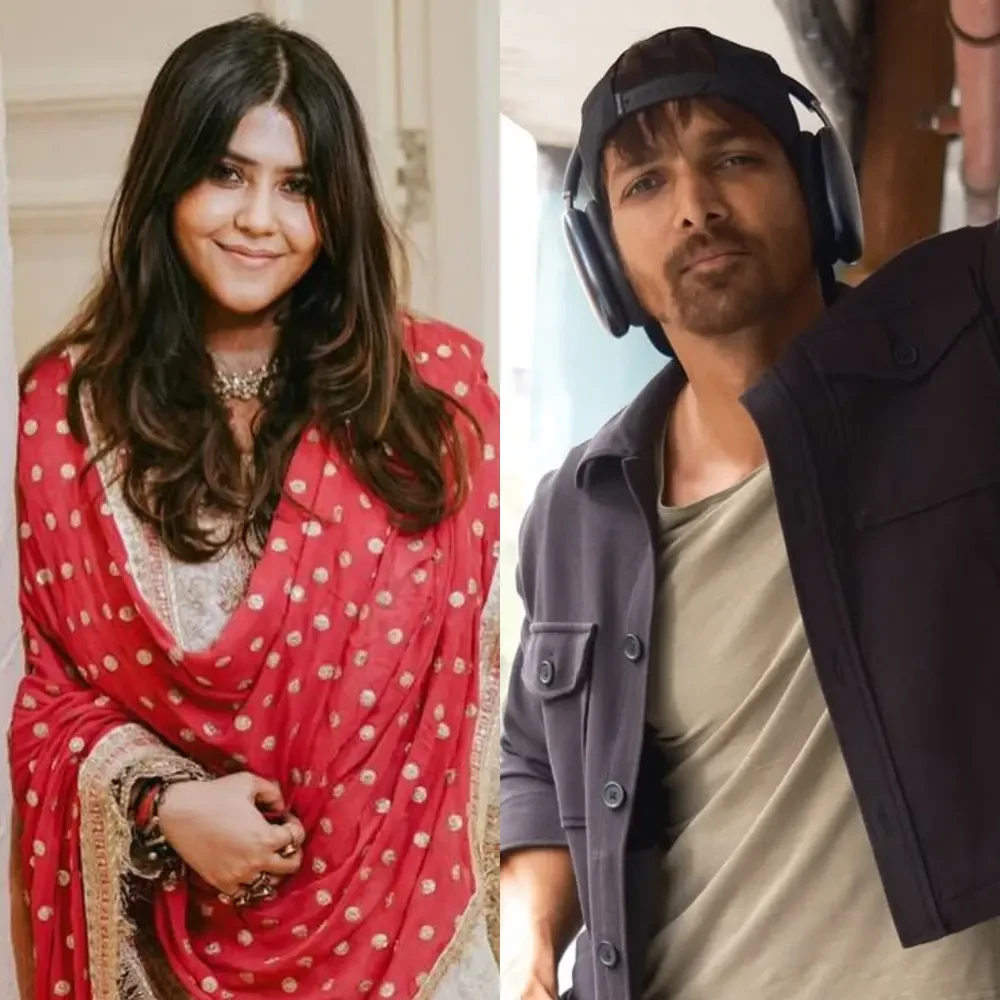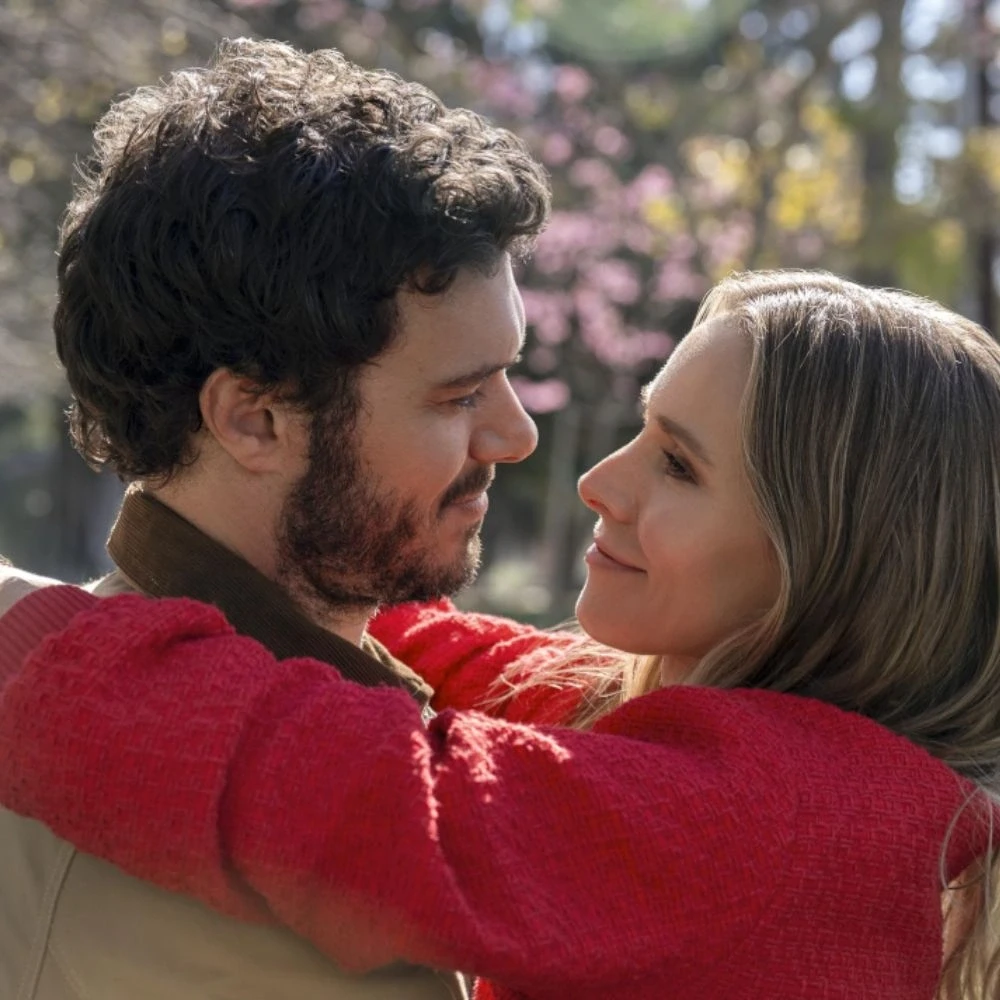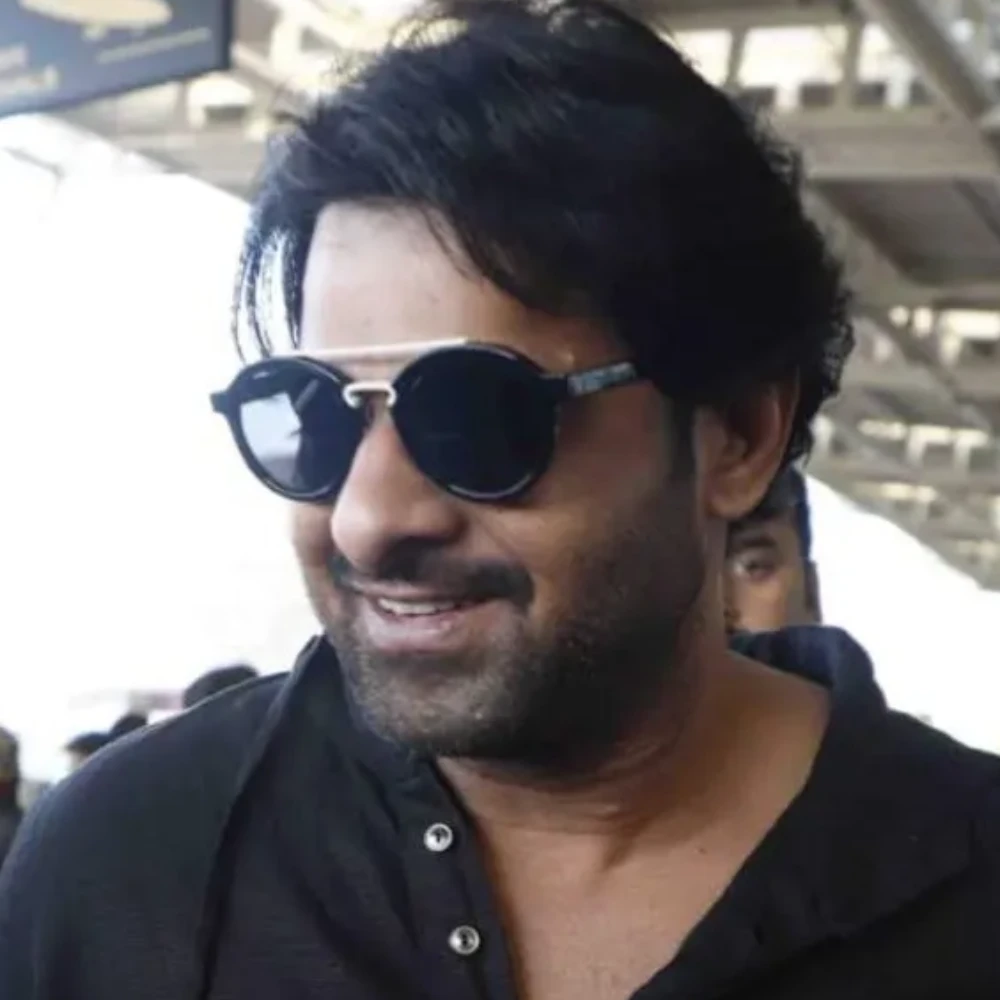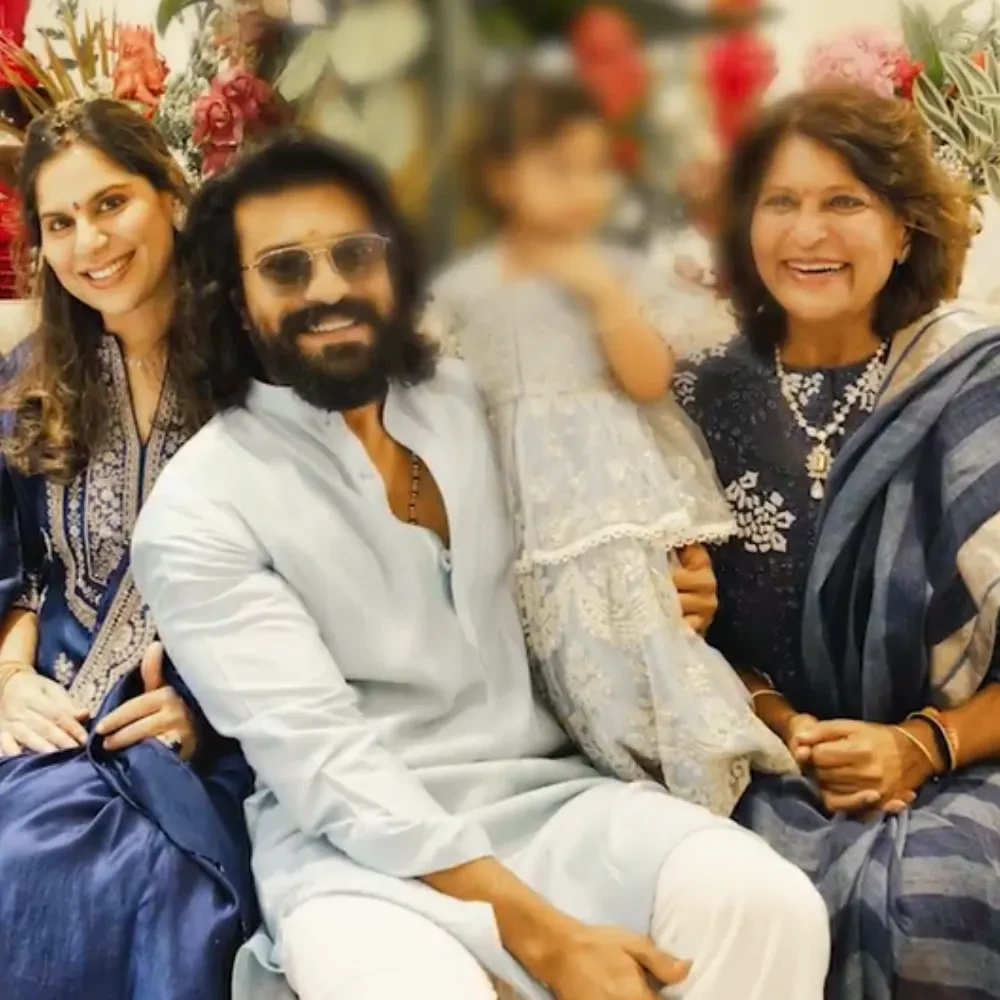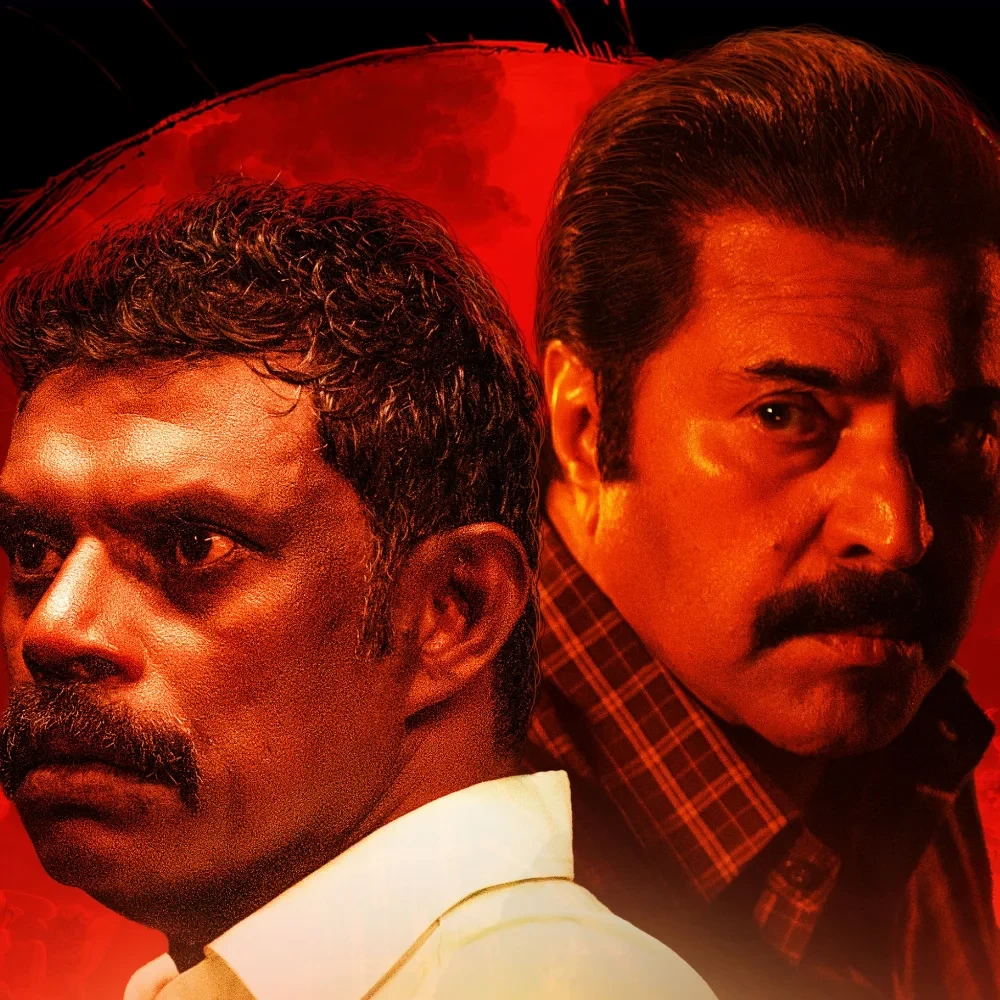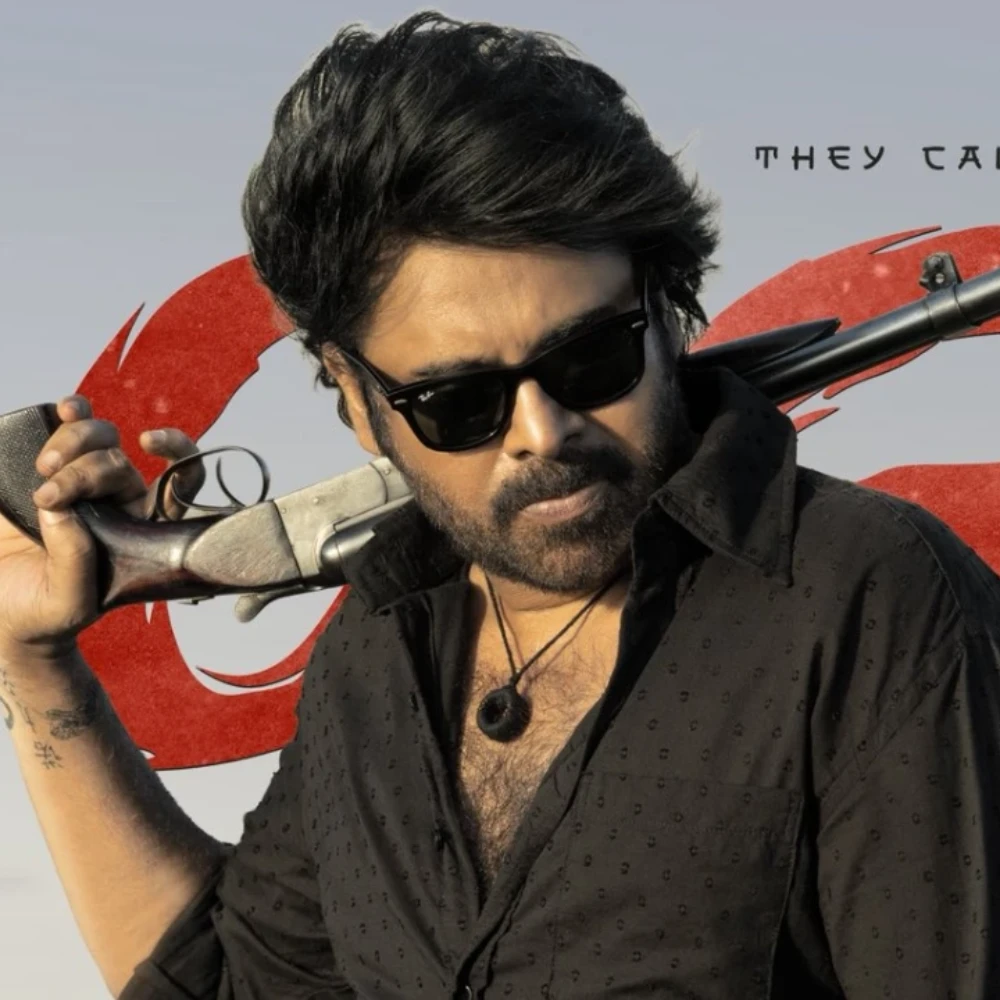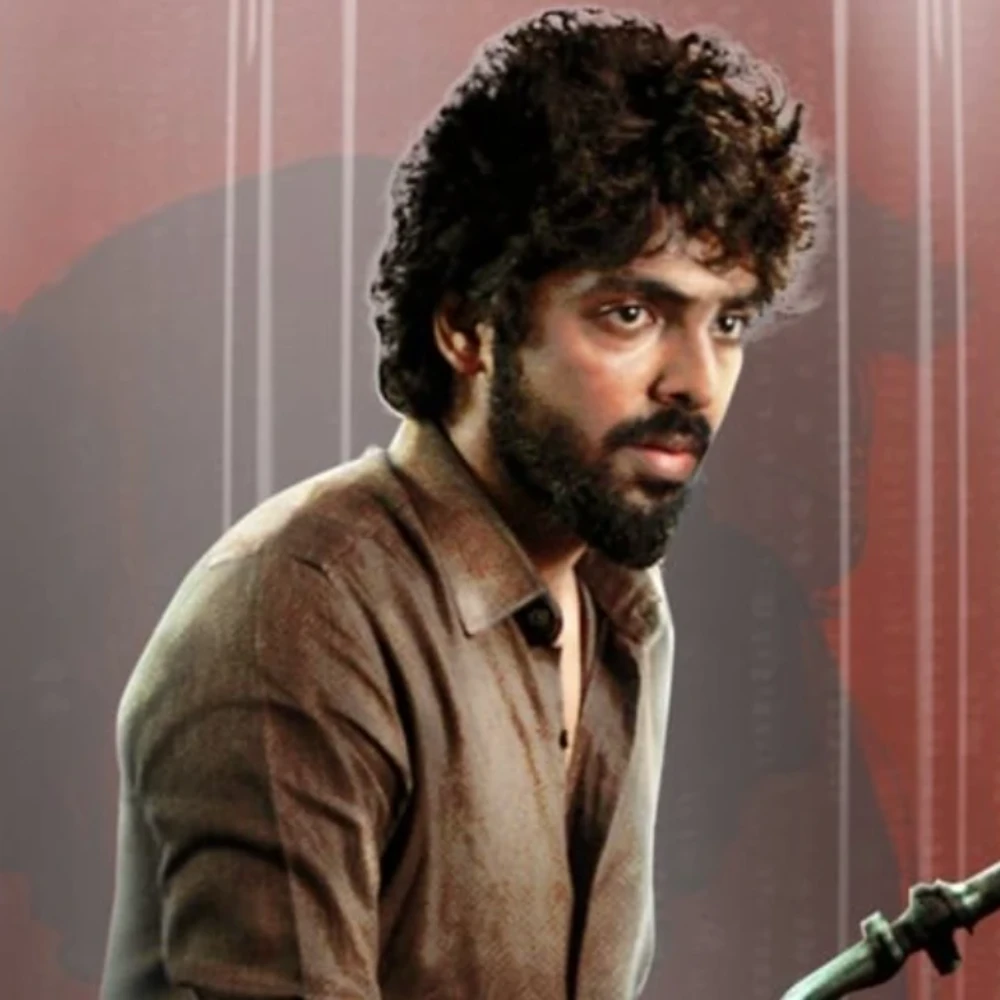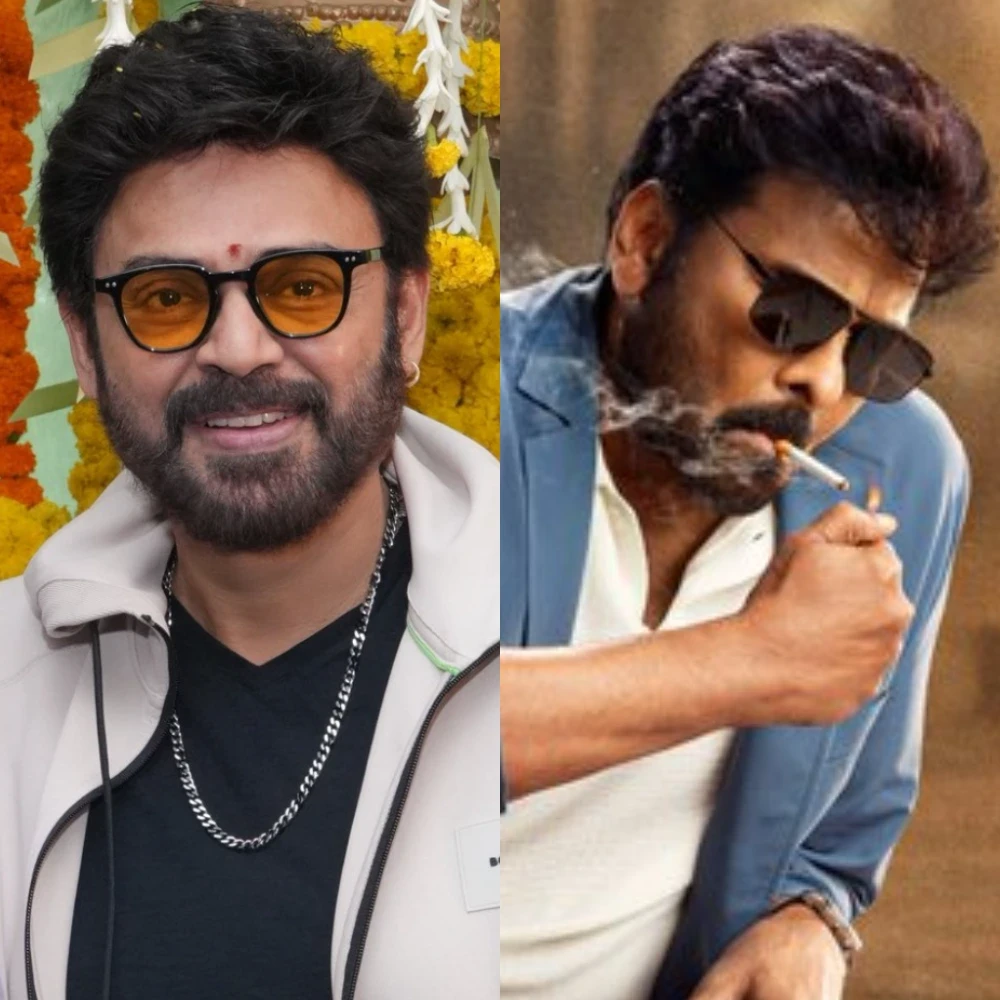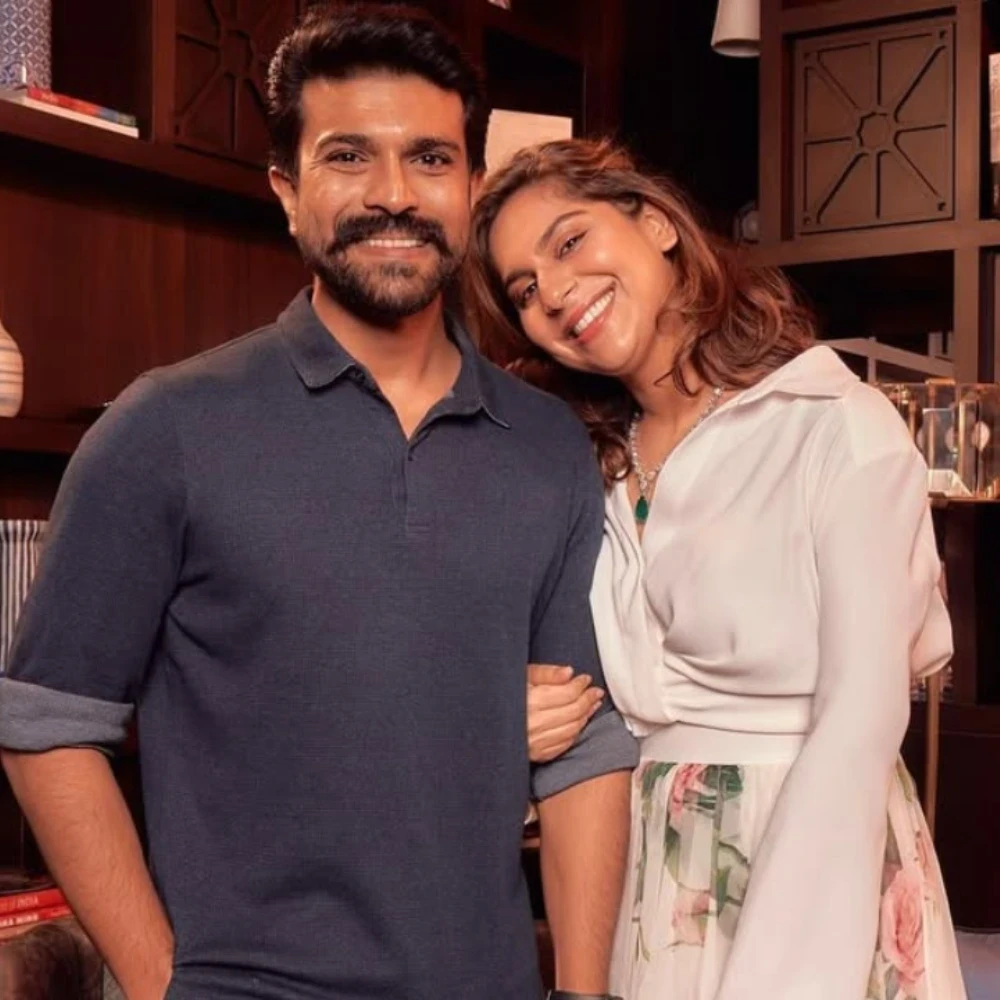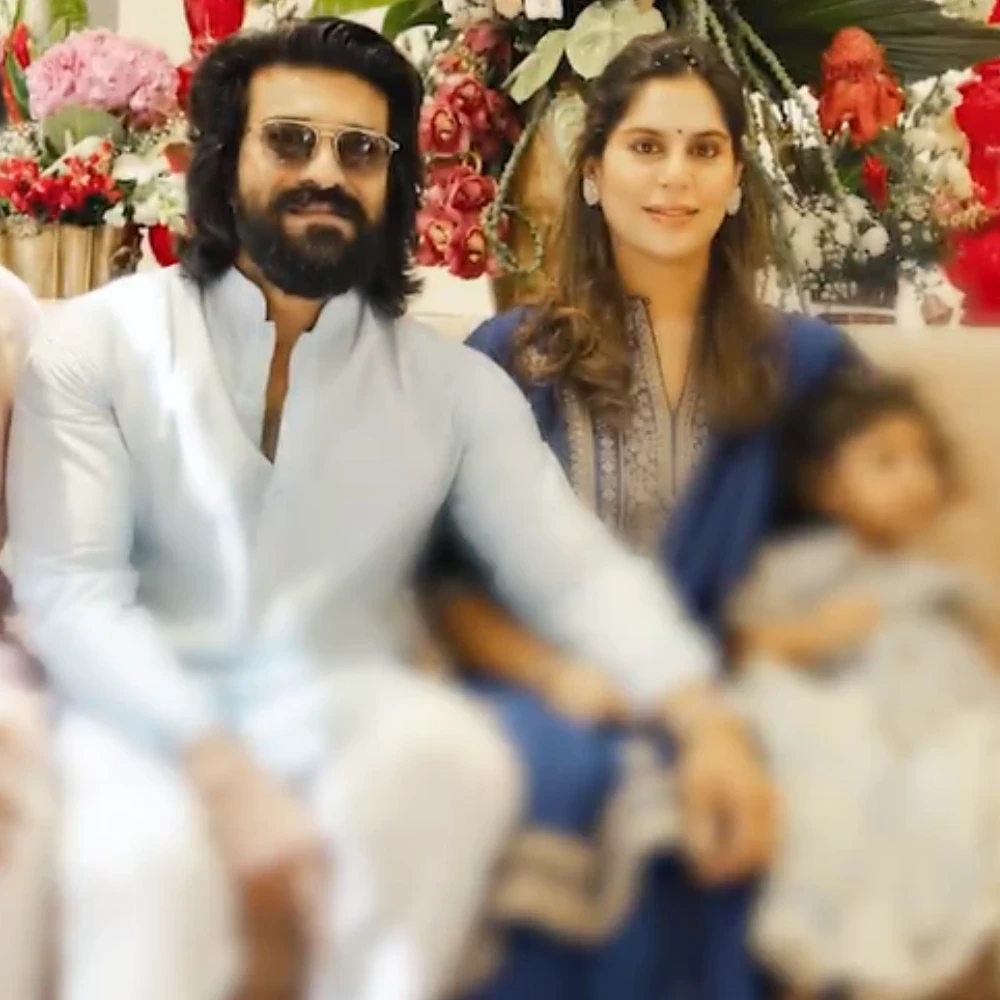EXCLUSIVE INTERVIEW: Aadujeevitham director Blessy talks about film's box office success; debunks rumors of extended OTT cut
In an exclusive chat with Pinkvilla, Aadujeevitham helmer Blessy opened up about various aspects of the film, as well as the challenges he faced during his 16 year journey in the film’s production.
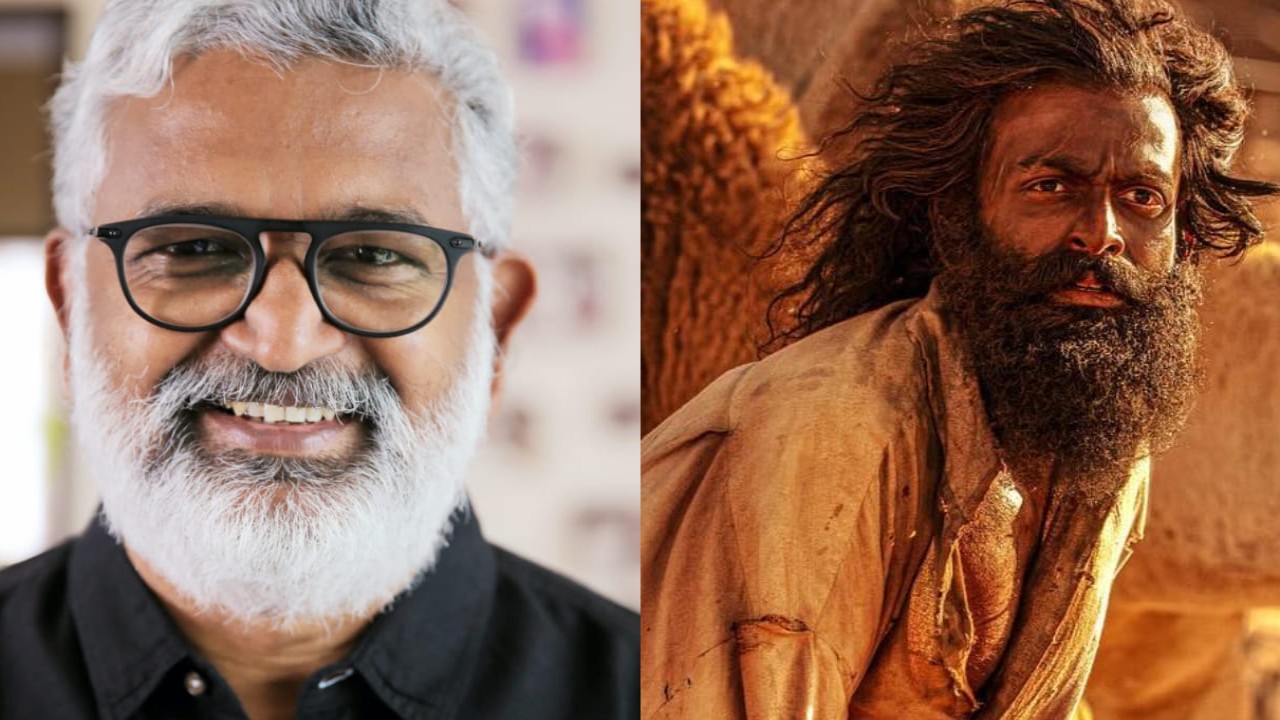
On March 28, Prithviraj Sukumaran’s latest film with Blessy, Aadujeevitham (aka The Goat Life) hit the silver screens after an incredible journey spanning 16 years. The film was undeniably one of the most anticipated films of 2024 and has stirred up a storm upon its release as well.
Aadujeevitham boasts an ensemble cast including Amala Paul, Jimmy Jean-Louis, KR Gokul, and several others in prominent roles, and has a star-studded crew as well, including AR Rahman, Resul Pookutty, Sunil KS, A Sreekar Prasad and many more. The film follows the tale of Najeeb, a migrant laborer from Kerala, who goes to the Middle East in search of jobs. However, he is forced into slavery as a goat herder and is tortured by his Arab enslaver. How he escapes and finds his way back home forms the crux of the story.
In the latest update, Pinkvilla had an exclusive chat with the film’s helmer, Blessy, where he opened up about various aspects regarding the film, as well as talked about the technical challenges he faced during his 16-year journey with the film. The ace filmmaker also spoke about his journey, and what sets him apart as a filmmaker.
Excerpts from the interview
1. A seemingly insignificant change, but something that caught the attention of fans quite fast was the usage of ‘Kafeel’ in the film, instead of ‘Arbab’ in the book. You mentioned in an interview that this was a deliberate choice. But what prompted you to make such a choice?
Blessy: In most Arab countries, including Saudi Arabia, the usage is actually ‘Kafeel’. ‘Arbab’ is only something that is used in a few places/countries. So that is why the word ‘Kafeel’ was used. It was based on research that was done.
2. In a recently released interview between Prithviraj and the real-life Najeeb (Shukoor), it is mentioned that the actor did not interact with Shukoor before getting into the role. But wouldn’t such an interaction have helped Prithviraj to get into the role, or understand the psychology of the character in an easier manner?
Blessy: When I spoke to the real-life Najeeb, Shukoor, he used to only say that he was crying all the time. He was not able to respond or give much information on what he went through to a lot of questions from the director. So basically what has been done is an adaptation from the book, but not really the characterization of how really a character like that, who wouldn’t have spoken much for days would have behaved, is the writer-director’s interpretation. Because it was in that context and because the real Najeeb could not contribute too much in the conversation, what was done was based on the research on the character and how that character would have behaved, and not from the real Najeeb. So that is why probably, the real Najeeb couldn’t have contributed much.
3. Adapting any piece of literary work into a film is difficult, and one can only imagine that the difficulty exponentially increases when it comes to a best-selling novel like Aadujeevitham. While adapting the novel into a script, can you give us some insights as to the difficulties that Blessy as a screenwriter faced?
Blessy: So basically the first challenge was that reading the novel would have formed an image in the mind of the reader. To surpass that in terms of imagination and visually what the reader would have visualized is the first challenge. The second challenge was that the book is something which has 43 chapters, and even if we had taken one-fourth of that, it would have still gone beyond a three-hour movie. So taking those moments and situations from the film and giving it his own interpretation was the second challenge. The third challenge was that most of the novel is told as a soliloquy from the protagonist’s point of view. So how that could be told in such a way that when the Arab people speak Arab, in the novel it could be explained in Malayalam, but in the film, when the protagonist doesn’t understand what is being spoken, the audience also shouldn’t understand, but what he eventually starts understanding, the audience can also understand when we subtitle. So these were the challenges that were faced when adapting it into a screenplay.
4. Carrying forward from the same question: How did you make the decision as to which sequences from the book will be present in the film, and which sequences will not be present in the final draft?
Blessy: In the book, in different chapters, you know, one chapter can deal with one particular aspect and the next chapter can start somewhere else without continuity. So when writing the screenplay, what was followed was that all those incidents, events which can be connected together, strung together, to give an emotional continuity to the viewer, which is very necessary to involve him with the film, those events and sequences were assimilated and strung together. So that is the way what was in the screenplay was chosen.
5. Next question is regarding the debutant in the film: KR Gokul. With the limited amount of screen time, the actor left an ever-lasting impact on the audience, especially in the scene in which he passes away. How did you first find KR Gokul, how was the experience working with the debutant?
Blessy: Introducing debutants is not a new thing. I’ve done it from my first film. All the female protagonists in the first three films were debutantes. All my films have had a lot of debutantes. So Gokul came through an audition. He qualified for the role. He was ready to commit himself to the physical demands of the role, and the time that would be needed to be spent in the role, and he fit the bill of an innocent lad who would be able to do justice to the role. And he was really committed and dedicated and you know, many people forget that he did everything that the protagonist did also, in terms of physical transformation.
6. Aadujeevitham had a long filming duration of close to five years. During this time, there have been several advancements in film technology as well. However, the film is technically top-notch and is at par with films that are released today. How did you keep up with the technological changes that took place over the last five-six years?
Blessy: So when we started shooting, the camera Arri was not having a 4K. It was only a 3.2. But when we went into post-covid shoots, it was a mini-LF. So, any and all technological advancements in the world reach India now, and as a filmmaker, you have to be aware and updated of all the developments, which I have always done, and used to do as well. So it was not such a major challenge.
7. If we look at Blessy as a filmmaker, right from films like Kazhcha, Thanmathra, and Bhramaram to Aadujeevitham right now, there is an understanding of the human psyche and innate human behavior, and that is something that makes Blessy’s films quite universal. Where or rather when did this interest towards human psychology begin?
Blessy: So what you call an interest in psychology or human psychology, I will say is about my greed or my longing for a lot of things that I have lost out in life. My father passed away when I was three, so in all my films, when I talk about a father, I try to find things in him that I didn’t have. So in that way, I’ve always looked at relationships. I’ve had a lot of losses in life, and all those losses have created a longing, which I have tried to look around - you know, when I talk about somebody’s father or somebody’s mother, I take a lot of interest in their lives and their relationships. So that observation and that longing is what you probably see as the understanding of psychology. I’ve always observed things closer, tried to understand things deeper and wider.
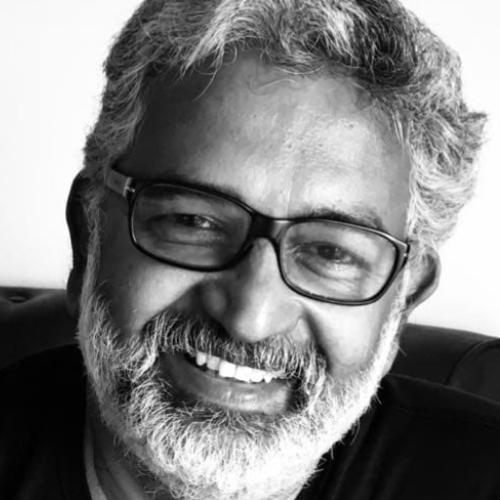
8. As per several reports, a longer version of Aadujeevitham will be released via OTT platforms, after its theatrical run. Is there any substance to the report, and if yes, what can the audience expect from the extended cut?
Blessy: There have been no thoughts about an extended cut, or there is nothing which is kept aside for such a cut as of now. So, as of now, there are no thoughts about it. Whatever we thought was needed in the film, is there in the film which is running in theaters right now.
9. Prithviraj had mentioned before the film's release that Aadujeevitham is at the end of the day a commercial film and that at the end of the day, its commercial success and box office numbers matter. What is your take on it, and what do you think about the film's box-office success so far?
Blessy: Yes, commercial success definitely matters because cinema is a commercial art form. Unless you have money, you can’t make this art, like other art forms. So far, the box office success has been really phenomenal. The five-day collections are the highest for any Malayalam film, and in a lot of territories we are the highest-grossing film ever, we have set records which have crossed even a lot of other language films. So yeah, it has been very good, and there has been unanimous praise and reviews and everybody has loved the film. People from all states of the country, people from all nationalities across the world have loved the film. So it has been a very positive, overwhelming response in terms of qualitative and quantitative numbers.
10. Lastly, what is next for Blessy as a filmmaker?
Blessy: I have not thought about it. The film is still in the theaters. There is still work to be done to reach it to maximum people across the world, so I think there is work left with this one. What is next is something I’ll only think later.





 JOIN OUR WHATSAPP CHANNEL
JOIN OUR WHATSAPP CHANNEL